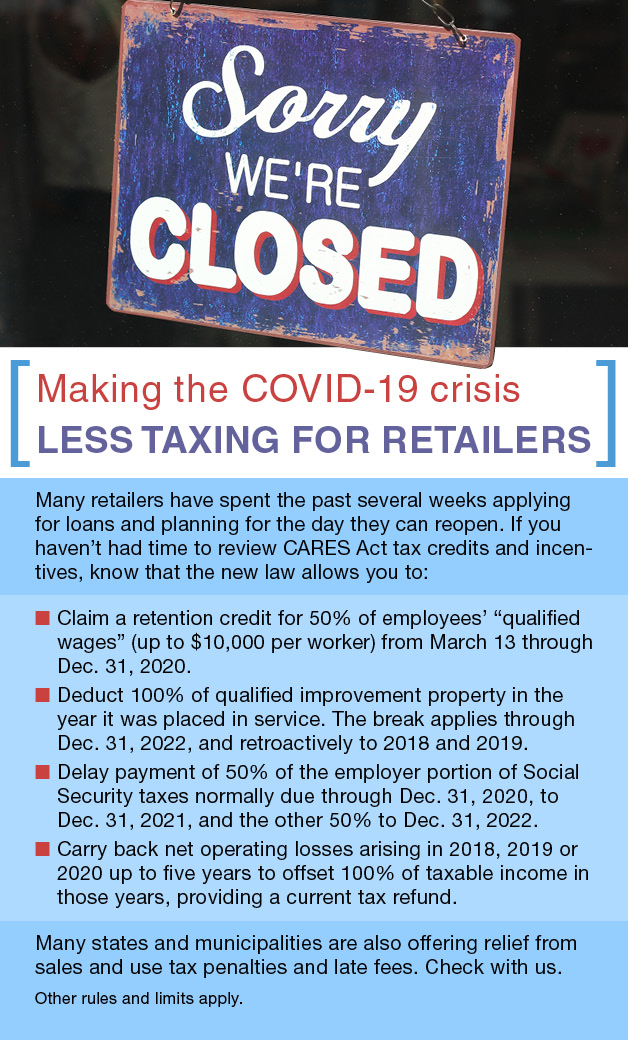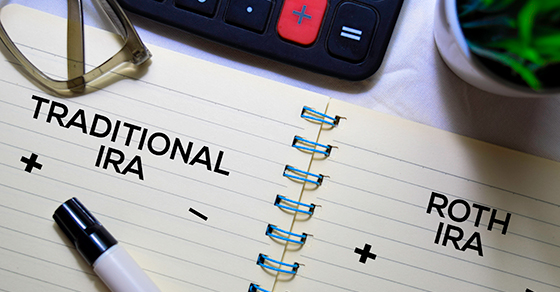

Do you want to save more for retirement on a tax-favored basis? If so, and if you qualify, you can make a deductible traditional IRA contribution for the 2019 tax year between now and the extended tax filing deadline and claim the write-off on your 2019 return. Or you can contribute to a Roth IRA and avoid paying taxes on future withdrawals.

The coronavirus (COVID-19) pandemic has affected many Americans’ finances. Here are some answers to questions you may have right now.

The coronavirus (COVID-19) pandemic has caused the value of some retirement accounts to decrease because of the stock market downturn. But if you have a traditional IRA, this downturn may provide a valuable opportunity: It may allow you to convert your traditional IRA to a Roth IRA at a lower tax cost.

Millions of eligible Americans have already received their Economic Impact Payments (EIPs) via direct deposit or paper checks, according to the IRS. Others are still waiting. The payments are part of the Coronavirus Aid, Relief, and Economic Security (CARES) Act. Here are some answers to questions you may have about EIPs.

In the midst of the Coronavirus (COVID-19) pandemic, Americans are focusing on their health and financial well-being. To help with the impact facing many people, the government has provided a range of relief. Here are some new announcements made by the IRS.

As we all try to keep ourselves, our loved ones, and our communities safe from the coronavirus (COVID-19) pandemic, you may be wondering about some of the recent tax changes that were part of a tax law passed on March 27.

A new law signed by President Trump on March 27 provides a variety of tax and financial relief measures to help Americans during the coronavirus (COVID-19) pandemic. This article explains some of the tax relief for individuals in the Coronavirus Aid, Relief, and Economic Security (CARES) Act.

Taxpayers now have more time to file their tax returns and pay any tax owed because of the coronavirus (COVID-19) pandemic. The Treasury Department and IRS announced that the federal income tax filing due date is automatically extended from April 15, 2020, to July 15, 2020.

If you have a life insurance policy, you probably want to make sure that the life insurance benefits your family will receive after your death won’t be included in your estate. That way, the benefits won’t be subject to the federal estate tax.
